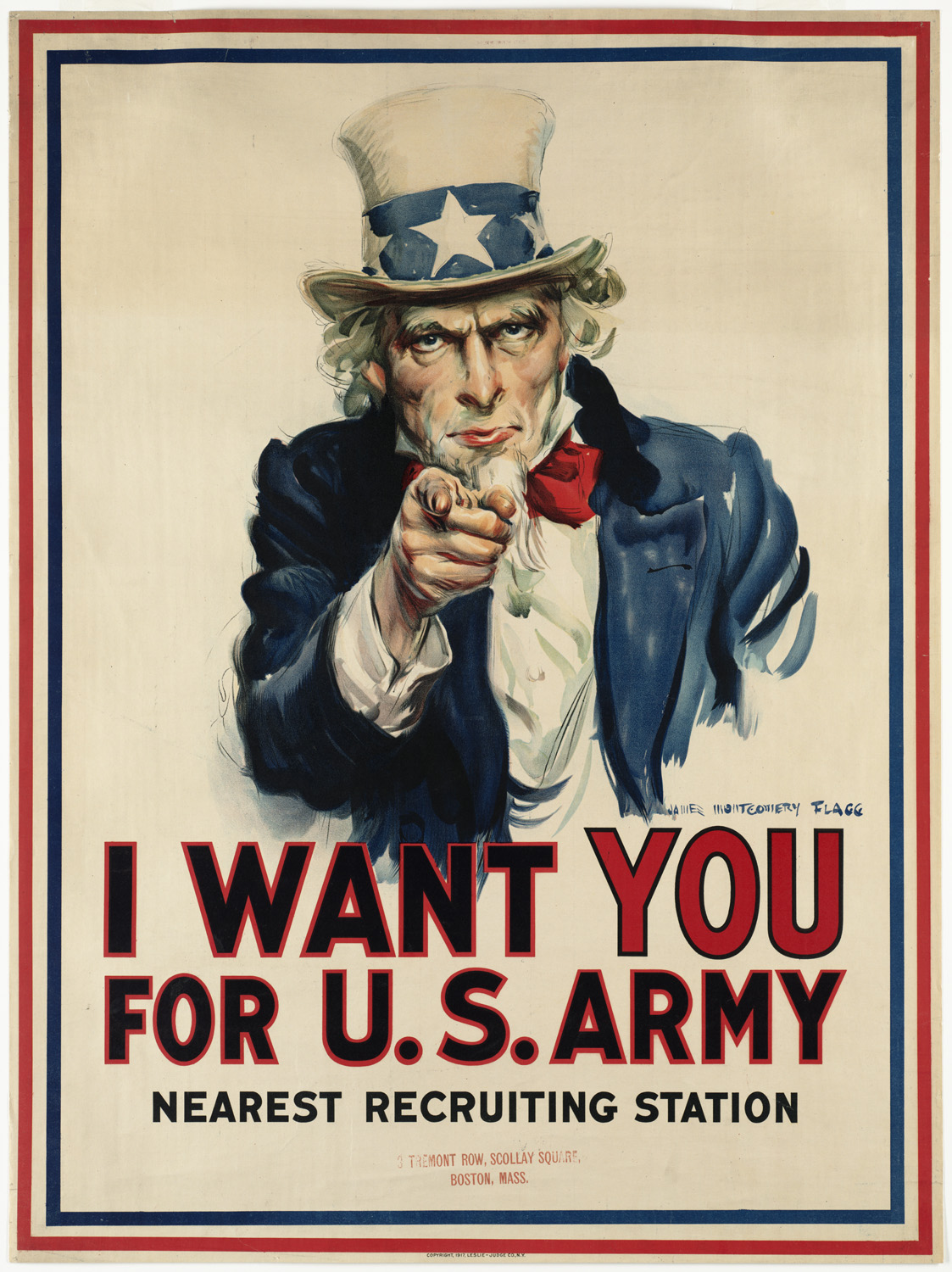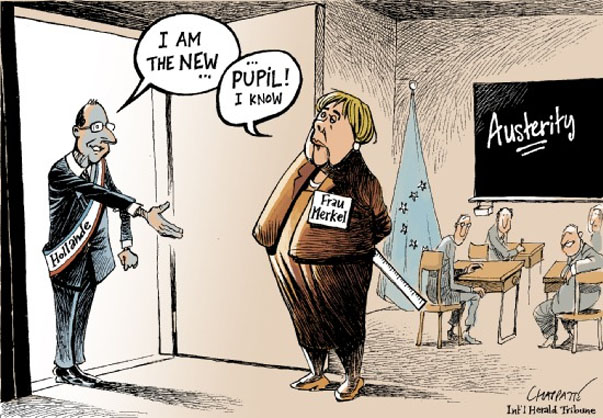Compulsory military service was last utilized by the United States during the Vietnam War, during an era symbolized by passionate protests and stubborn resistance. At no time since has the country been embroiled in such widespread protest against a war. Without this heightened level of public engagement, decisions of war are not treated by public officials with the required gravitas, and politicians and administrators are not sufficiently restrained from hastily committing the country to a lengthy and costly military engagement. Though the Vietnam War was not significantly shortened by the public outcry, the fallout from the war ensured that Americans have not been drafted to serve in unjust wars since. Of course, this was accomplished by refusing to draft, instead of reserving military force for just wars.
Although the United States has engaged in two major wars during the last decade, a snapshot of American society does not depict a country at war. Our politics are fraught with debt crises, not missile crises, and earlier in the year we were more concerned with Charlie Sheen shooting drugs than Taliban shooting American soldiers. It is far too easy to forget that we have sent hundreds of thousands of Americans overseas to fight for us. To combat public apathy the United States should implement universal compulsory military service.

In 2008 we sent 187,900[1] to Afghanistan and Iraq, which constitutes less than one percent of the U.S. population. Moreover we convinced 58,300[2] returning soldiers to redeploy, demonstrating the U.S. military’s inability to relieve those soldiers. With over 30 million Americans between the ages of 18 and 24[3], a military service requirement would allow for servicemen and women to be relieved without exception, in addition to increasing time between tours of duty in order to recuperate. Less than one percent of the population is not enough to draw Congressional attention and it does not seem to be enough to grab the attention of the public eye, and as a result military families and veterans do not always get the attention and support they deserve. Increasing the percentage of people involved in the military would further highlight veterans’ and military families’ issues and place a greater premium on adequate support. Moreover, with a larger community of veterans, finding someone who has undergone a shared experience is easier and return to the United States would be less isolating.
The Egyptian military provides a useful anecdote to this advantage of mandatory service. Earlier this year, analysts wondered how the Egyptian military would involve itself too aggressively in the country’s protests; many feared that violence would escalate to become what we are now seeing in Syria. However, because of the required military service, nearly every Egyptian citizen knew someone who had served or was serving in the military. The result was a close relationship between the military and the public. A criticism of mandating military service is that it would transform the United States into a militaristic society. Yet, as the Egyptian example shows, universal military service does not doom a country to militarism. Despite the strong influence of the military within Egyptian society, the state has not shown wanton aggression or a Clausewitzian application of force, which are hallmarks of the dreaded military state.
The United States is already militarized. Its subscription to the theory that war is an extension of diplomacy and its prodigious use of military force are terrible indicators of that tragic reality. This may be a result of the low societal cost of war that we currently enjoy. The small percentage of the American populace fighting our wars restricts the scale of war weariness. Should a larger percentage of the population serve in the military for shorter periods of time, the turnover would expose more of the population to war and likely spur a renewed examination of our wars and our support for them.
Another criticism of universal conscription is the belief that it is unable to handle the complexities of conscientious objection and the introduction of military policies to civil society. The criticism is valid, and employing the military to execute these responsibilities would be unwise. However, we are fortunate to have an expansive government with separated powers. The United States should apply the legal practices used in the adjudication of conscription in Israel. In Israel, civil courts are the arbiters of relevant military policy and determine the scale and validity of exceptions to military service and other military manpower policies. By granting authority over these decisions to civil courts instead of military courts it allows for impactful public discourse to occur.
Recently, protesters against Harvard’s reintroduction of its Reserve Officer Training Corps (ROTC) attempted to draw attention to the military’s discriminatory policies towards transgender recruits. However, discrimination in this regard is not endemic to the US military, and is instead pervasive throughout American society. In fact, the military’s policies act as a barometer for marginalized groups and have epitomized the discrimination against African-American, female, and homosexual populations. The exclusion of these groups from serving in the military served to insinuate that they were less American by virtue of duty. Universal compulsory military service would banish this inherent discrimination by not only allowing all citizens to serve, but also by creating a shared experience amongst the American people.
Military service is a demanding responsibility, but one that cannot be separated from the social contract between the people and the state. The introduction of universal conscription to American society would undoubtedly cause a substantial cultural shift, one that is not without hardship. Ultimately, the policy would only serve to further the idea of the United States as a melting pot, increase integration, and strengthen civil society.


